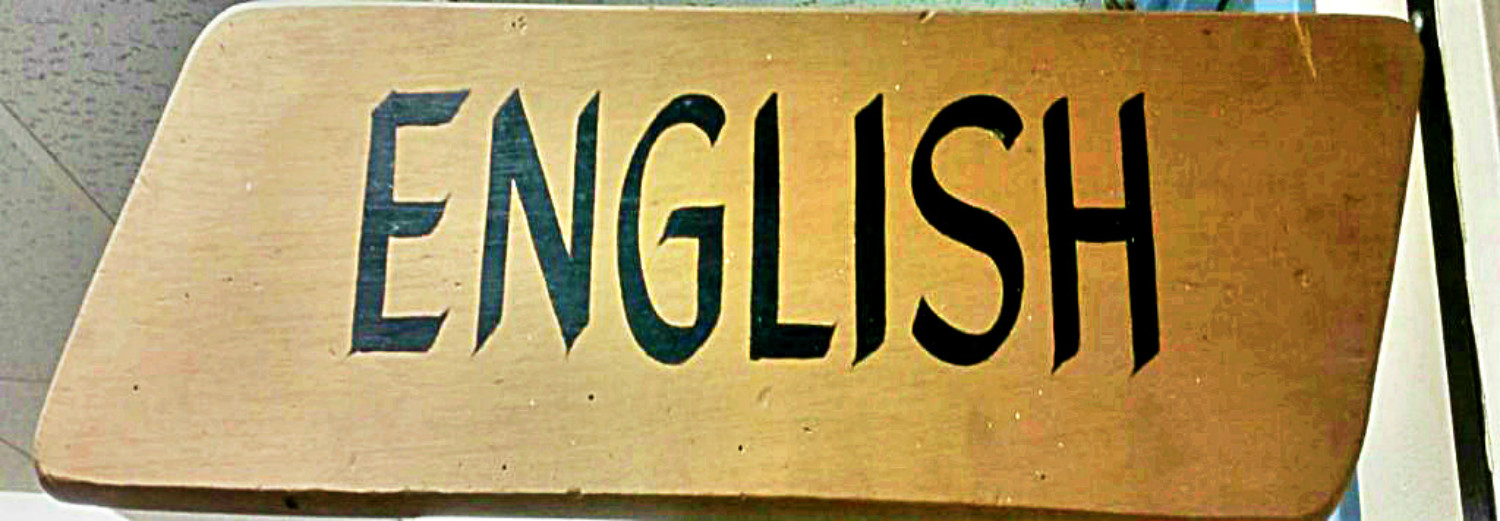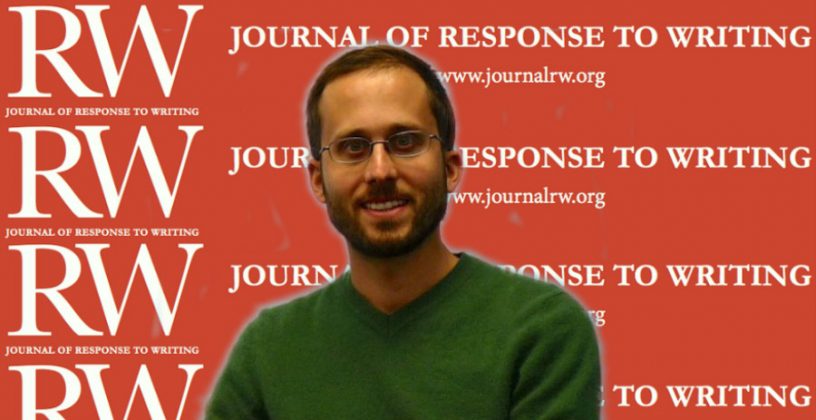Todd Ruecker, with Kate Mangelsdorf from the University of Texas at El Paso, published, “Peer Reviews and Graduate Writers: Engagements with Language and Disciplinary Differences While Responding to Writing” in the Journal of Response to Writing, which is a Journal that “publishes papers based on research, theory, and/or practice that meaningfully contribute to an understanding of how response practices lead to better writing.”
Here’s the abstract to Ruecker’s (and Mangelsdorf’s) article:
Although peer review as a method of writing response has been examined extensively, only limited research exists on peer review at the graduate level. This study examines graduate students’ peer review interactions in a writing workshop in which first- and second-language students from different disciplines were enrolled. The researchers focused on how students engaged with language and disciplinary differences as they peer reviewed. Data were collected from two separate writing workshop classes over two semesters and included videorecordings, observation notes, writing samples, and end of semester surveys. The researchers found that some students could provide only limited assistance when working with peers from different fields. The peer review groups’ effectiveness was strained when there were large gaps in academic levels. However, peer review groups were generally productive when students from different language backgrounds worked together. The peer reviews were effective in raising students’ rhetorical awareness and strengthening their understanding of genre conventions. Students showed an openness to language differences, and in their discussions they helped each other navigate the challenges of graduate school. Implications for using peer review in writing interventions for graduate students are discussed.
Read the full article here.




